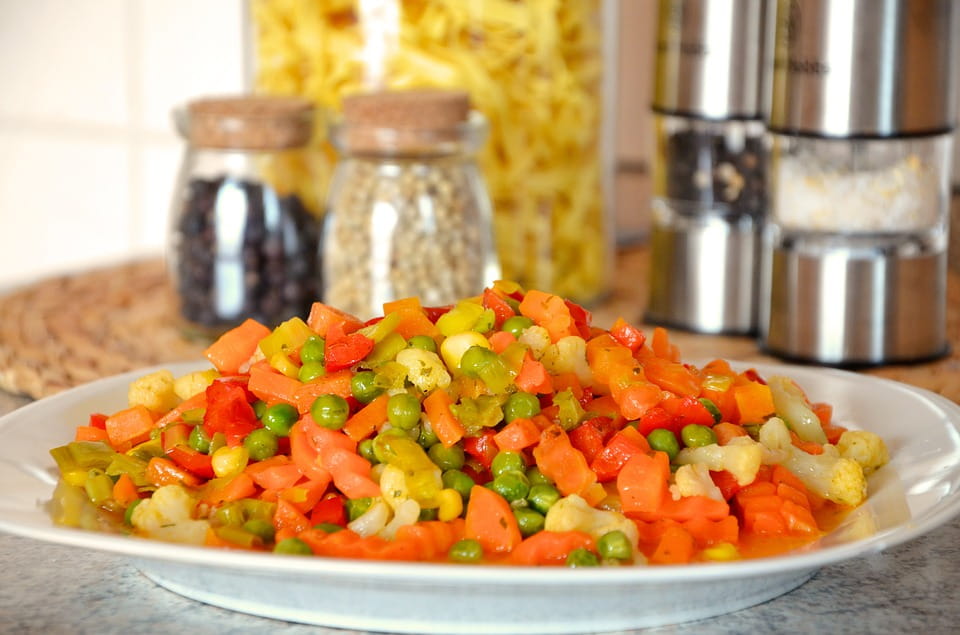July, 2025
Evaluating the Influence of Videos on Medical Professionals’ Perception of Using Herbs and Spices for Healthy Cooking and Potential Application in Patient CareVegetables Herbs and Spices: The Importance of Family and Tasting
Heinrichs, P., Nikolaus, C., Ellison, B., Nickols-Richardson, S. and Chapman-Novakofski, K.

Overview
To explore why and how consumers utilize vegetables, herbs and spices.
Methods
Focus groups were conducted with adult participants (n = 54) to determine attitudes, self-efficacy, and behaviors related to liking and usage of vegetables, herbs and spices as well as strategies to increase vegetable intake.
Results/Conclusions
Seasonal availability, and family-centered memories and practices were motivation for vegetable intake. A diverse number of vegetables (n = 39) were listed as favorites based on taste and versatility, but seasonings were not commonly included in responses regarding preparation. Participants felt that vegetable dish names should reflect ingredients explicitly; that seasonings enhanced vegetable flavors; and that salt and pepper were most commonly used seasonings. The preferred strategy to increase vegetable consumption was through tasting or sampling opportunities; seasoning use was not mentioned. However, participants perceived that suggestions or demonstrations on how to prepare vegetables at home would be helpful. Personal gardens were mentioned frequently, but were not connected to strategies for increasing intake.
Vegetable intake has a family focus that should be emphasized to increase intake. Efforts to increase intake could emphasize flavor and versatile preparation methods through tasting opportunities or educational demonstrations.






